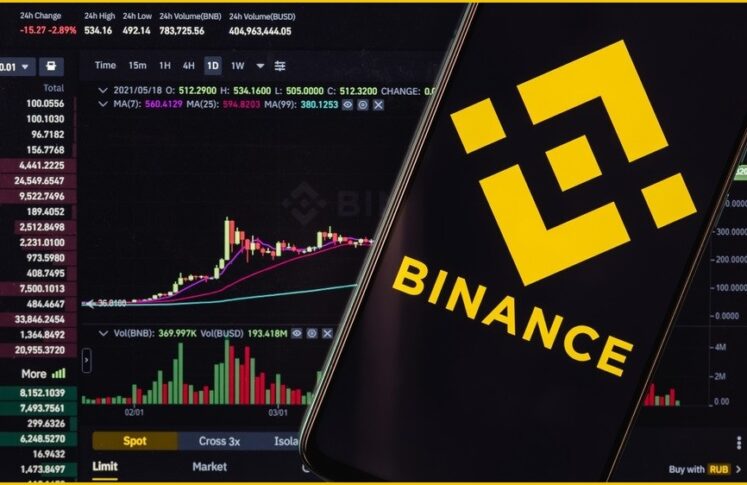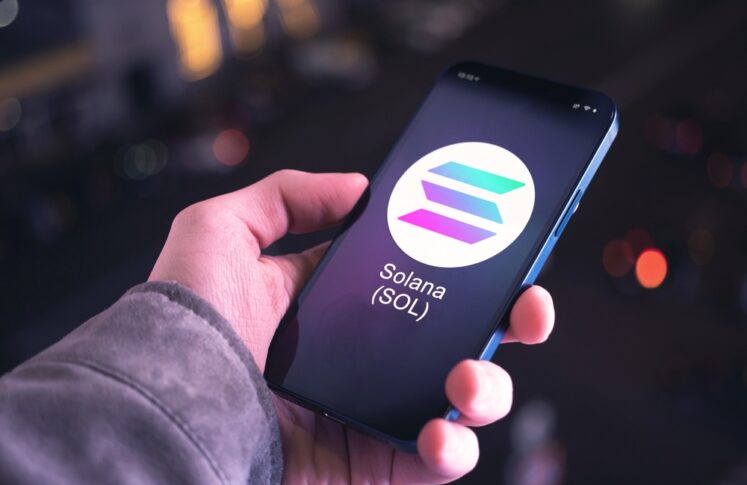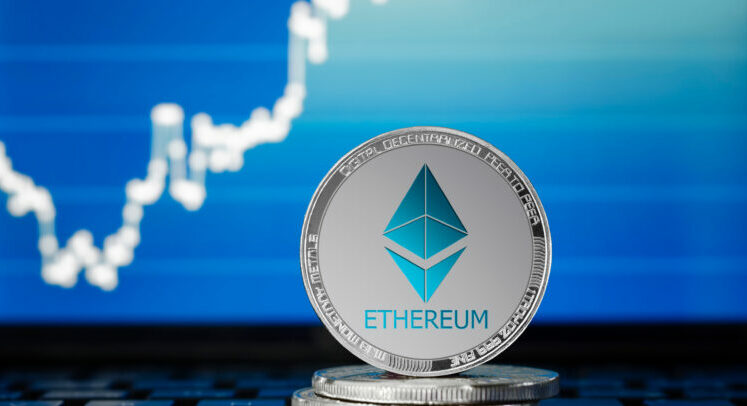Casino Colada – Peru Forges Ahead with Comprehensive Regulations for Gambling Operators
Peru is gearing up for a significant milestone in its gaming industry, as it introduces comprehensive regulations that outline the technical and regulatory requirements for gambling operators aiming to offer their services in the country. The exhaustive document, officially known as Supreme Decree 005-2023-Mincetur, is set to redefine the landscape of the Peruvian gaming market.
Minister of Foreign Trade and Tourism Juan Carlos Mathews described this development as groundbreaking, emphasizing that this marks the first time Peru has embarked on regulating this important economic activity within its borders. Among South American nations, Peru is now the third country to regulate the sector, following in the footsteps of Colombia and Argentina, specifically the provinces of Buenos Aires, Córdoba, and Mendoza. Casino Colada is here for you to provide some of the latest news on the iGaming and crypto market.
Casino Colada – Tight Timeline for Compliance:
The enactment of these regulations is fast approaching, with the country's gaming law set to come into effect 120 days from the issuance of the guidelines. This leaves operators with a tight schedule to adapt to the new rules and ensure compliance. These stringent regulations aim to foster a responsible and transparent gaming environment in Peru.
Casino Colada – Consequences of Non-Compliance:
The Peruvian Ministry of Foreign Trade and Tourism has left no room for ambiguity when it comes to non-compliance. Operators currently active in Peru's gaming market will have a limited window of one month to apply for a license once the regulations take effect on February 9, 2024. Failure to adhere to this timeline could result in hefty fines, with businesses facing penalties of up to S/990,000 (€245,394/£212,401/$257,838), but no less than S/742,500. Additionally, the ministry has issued a stern warning that neglecting to apply for a license could lead to criminal prosecution and the prohibition of operators from offering gaming services.
Casino Colada – Revenue Allocation and Wider Impact:
Minister Mathews underscored the broader impact of these regulations on the nation, highlighting that the Peruvian State is projected to collect nearly S/162 million annually. These funds will be allocated to various critical areas, such as the reactivation of tourism, infrastructure development for the tourism sector, promotion of sports, and support for mental health programs. Importantly, these regulations will not affect betting and prize payouts. All winnings will be distributed in full, and the taxation will be applicable to both national and foreign online gaming and betting companies.
Casino Colada – Transparency and Collaboration:
These comprehensive regulations are the result of an extensive public consultation process, which involved feedback from a wide spectrum of stakeholders. Submissions from the Ministry of Justice and Human Rights, the Ministry of the Economy and
Finance, Peru's Financial Intelligence Unit, gaming operators, suppliers, legal firms, and international consulting firms all contributed to shaping these regulations. The government also held numerous consultations with professionals from the public and private sectors, unions, and technology providers.
Minister Mathews highlighted the importance of this collaborative effort, emphasizing that it demonstrates the coordinated work carried out by the Ministry of Foreign Trade and Tourism with transparency, predictability, and openness. All parties involved in the development of the regulations actively participated in the process, contributing to the creation of a robust framework for the Peruvian gaming industry.
Casino Colada – Peru's Journey to Regulation:
This landmark regulation journey began in August 2022 when Peru's president, Pedro Castillo, signed Law No 31,557, initiating the drive to regulate the country's gambling industry. However, the law faced criticism from some quarters, with concerns raised that the original legislation effectively exempted foreign operators from tax obligations. Subsequently, Peru passed Law No 31,806, amending various provisions in the original text.
Notable changes included a threefold increase in license fees to S/2.97 million or 3% of net income, whichever is higher. The law also introduced a point of consumption regime for online games, allowing only Peruvian domain addresses for use.
As the countdown to the enactment of these regulations continues, Peru is poised to make significant strides in its gaming industry, fostering responsible and transparent gambling practices, and ensuring that the sector operates in the best interests of the nation and its citizens.
The Author



